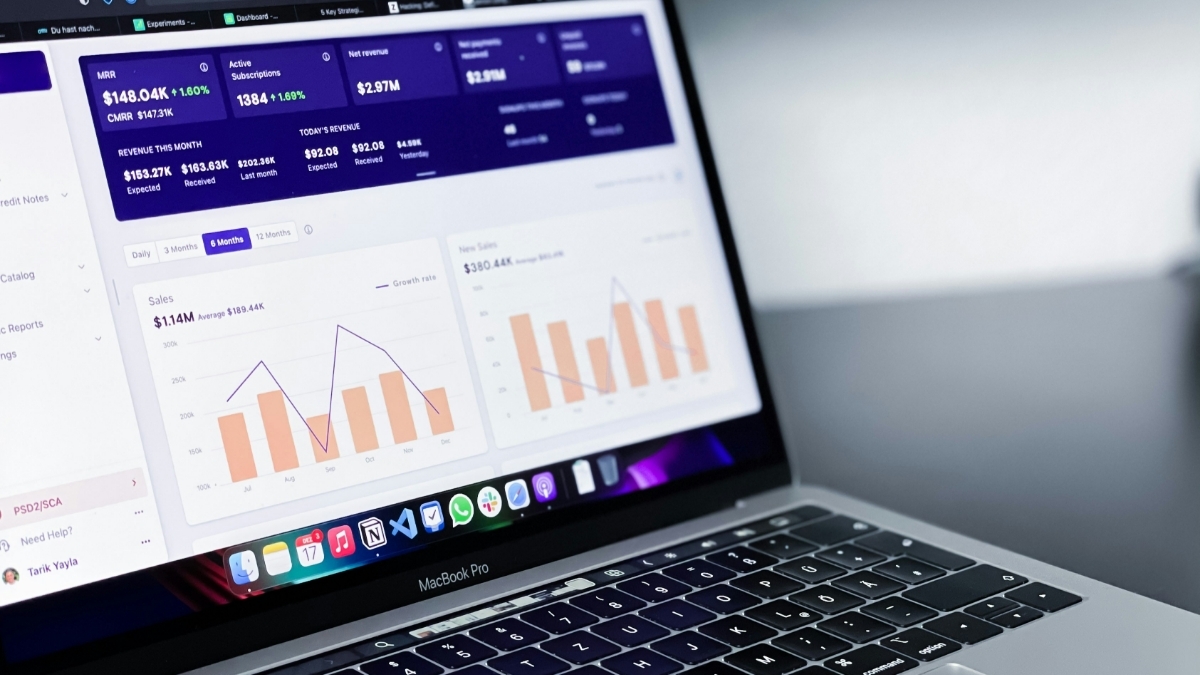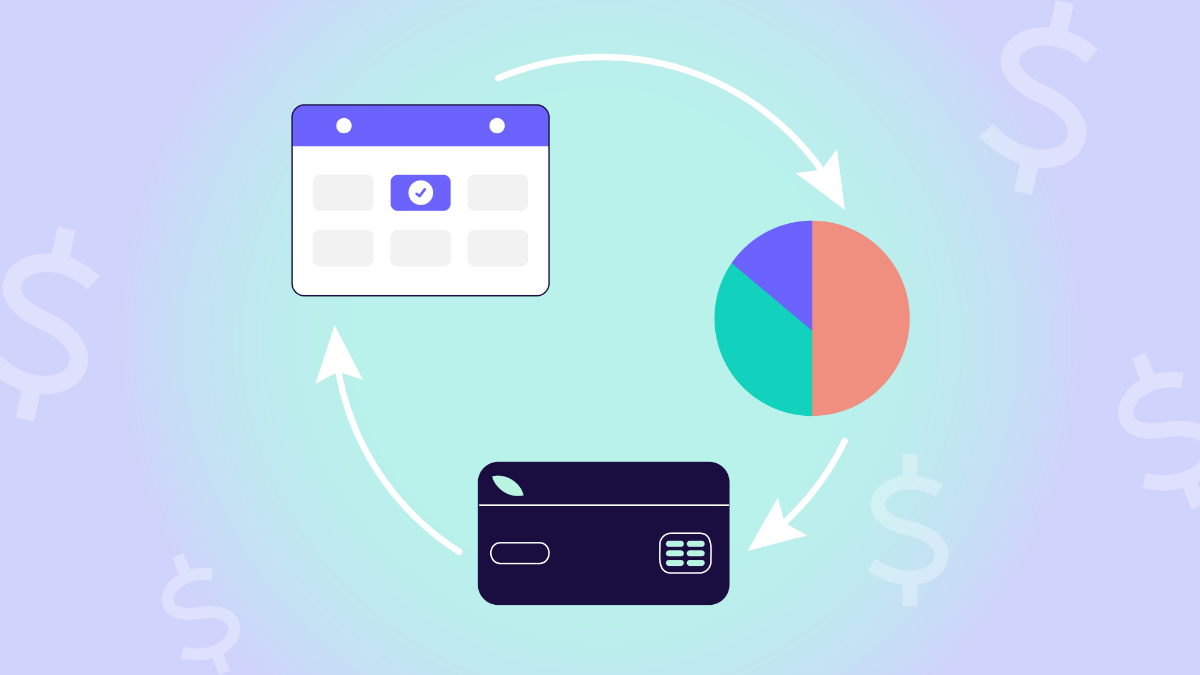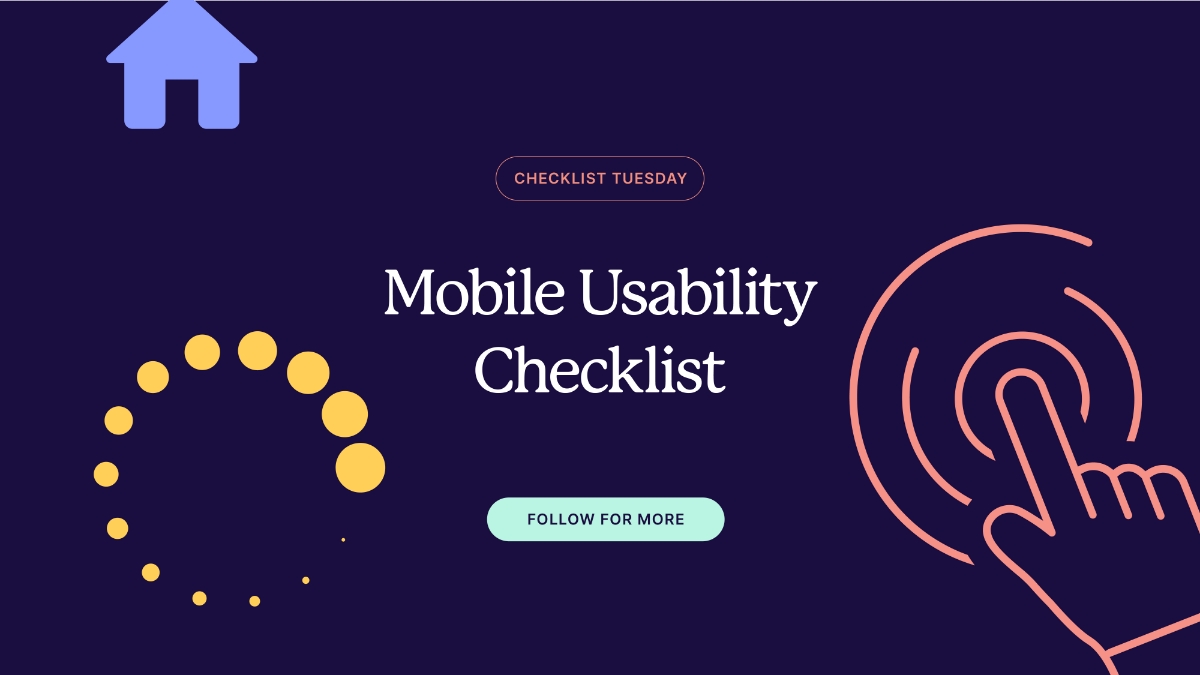One of the most significant pressure points in business is profitably acquiring new customers. If your cost of acquiring new customers (CAC) is too high, your acquisition cost is such that there’s no margin left to make a profit – you’re essentially going backwards with every new customer.
One powerful strategy that has gained traction is the Self-Liquidating Offer (SLO). SLOs allow businesses to recoup their advertising costs through the sale of an initial low-cost product or service, thereby acquiring leads at virtually no cost.
In this article we delve into the concept of SLOs, their strategic value, practical implementation, and some real-world examples.
Understanding Self-Liquidating Offers
A Self-Liquidating Offer (SLO) is a marketing strategy where a business sells a low-cost product or service (the lead magnet) to cover the initial cost of acquiring a new customer. The revenue generated from this initial sale offsets the advertising expense, effectively making the lead acquisition cost-neutral.
Key Components of an SLO
Lead Magnet: An attractive, low-cost product or service designed to entice potential customers.
Sales Funnel: A series of steps that guide the lead from initial interest, to purchase, to lead nurturing, to upsell purchase.
Break-Even Point: The point at which the revenue from the lead magnet sale equals the advertising cost.
Upsell Offer: The secondary sale (and beyond) upon which profit is made.
The Financial Mechanics: Breaking Even and Beyond
The primary goal of an SLO is to break even on advertising costs. Once the break-even point is reached, additional sales from upsells or cross-sells become pure profit, making the initial investment highly valuable.
The Strategic Value of SLOs
Benefits of Implementing SLOs:
Cost-Effective Lead Generation: Acquire leads without incurring net advertising costs.
High-Quality Leads: Attract leads who are already invested in your product or service.
Increased Customer Lifetime Value (CLTV): Upsell and cross-sell opportunities lead to higher CLTV.
How SLOs Fit into the Customer Journey:
SLOs serve as the entry point in the customer journey, providing an initial value proposition that builds trust and paves the way for future transactions. By offering a low-risk purchase, businesses can convert leads into loyal customers more effectively.
Leveraging SLOs for Long-Term Growth:
An SLO strategy not only helps in acquiring leads but also sets the stage for long-term relationships. With a well-planned upsell and cross-sell strategy, businesses can significantly enhance their revenue streams.
Crafting the Perfect Lead Magnet
Identifying High-Value Lead Magnets
The key to a successful SLO is a compelling lead magnet. This could be a mini-course, an e-book, a software trial, or any product/service that offers significant value at a low cost.
Creating an Irresistible Offer
An irresistible offer is one that addresses a specific pain point of your target audience, is priced attractively, and delivers exceptional value. Ensure that the offer is clear, concise, and compelling.
Aligning with Your Ideal Customer
It’s crucial that any SLO offer attracts your ideal customer. The objective is to attract the right lead—those who will later buy added value products—not just any lead, who may not convert to upsell products, nullifying your efforts. Therefore, the initial lead magnet and SLO offer should be closely aligned to the needs of your ideal customer and correlated to your upsell product. Continuity ensures higher conversion rates to your upsell products.
Pricing Strategies for SLOs
Pricing your lead magnet appropriately is crucial. It should be low enough to entice potential customers but high enough to cover advertising costs. Consider bundling products or offering limited-time discounts to increase perceived value.
Implementing SLOs: Step-by-Step Guide
Market Research and Target Audience
Begin with thorough market research to understand your target audience’s needs, preferences, and pain points. Tailor your lead magnet to address these effectively.
Developing and Testing Your Lead Magnet
Create a high-quality lead magnet and test it with a small campaign. Gather feedback and refine the offer to maximise its appeal.
Setting Up the Sales Funnel
Design a sales funnel that smoothly guides the lead from initial interest to purchase. This includes landing pages, email sequences, and checkout processes optimised for conversions.
Practical Examples of SLOs in Action
Case Study 1: An Online Course Provider
An online course provider offers a mini-course for $19. This initial sale covers the advertising costs. Once a lead purchases the mini-course, they are upsold to a comprehensive course priced at $299, significantly boosting revenue.
Case Study 2: A Software as a Service (SaaS) Company
A SaaS company offers a 14-day trial of their premium software for $1. The nominal fee covers the advertising cost, and the company then upsells the leads to an annual subscription, generating substantial profit.
Case Study 3: An E-commerce Business
An e-commerce business offers a discounted product bundle for $9.99, covering the ad spend. Customers who purchase the bundle are then targeted with offers for complementary products, increasing overall sales.
Upselling and Cross-Selling: Maximising Profit
Designing Effective Upsell and Cross-Sell Offers
Create offers that naturally complement the initial purchase. For instance, if the lead magnet is a software trial, the upsell could be a premium version with additional features.
Timing and Execution of Upsells
The timing of upsell offers is crucial. Present them when the customer is most engaged, such as immediately after the initial purchase or during the usage of the lead magnet.
Nurturing Leads for Long-Term Success
It’s important that leads are nurtured over time, often through value-adding education-based marketing. By continuously providing valuable content, you can establish your credibility and build trust, leading to more conversions over time.
Measuring and Optimising SLO Performance
Key Metrics to Track
Click-Through-Rate (CTR): The percentage of people that click through to your sales page from the ad.
Conversion Rate (CR): The percentage of leads that purchase the lead magnet.
Cost of Acquisition of Client (CAC): The total cost to acquire a lead through the SLO.
Conversion Rate to Upsell Product: The percentage of SLO purchasers that convert to upsell offers.
Customer Lifetime Value (LTV): The total revenue generated from a customer over their lifetime.
Tools and Techniques for Analysis
Utilise analytics tools like Google Analytics, CRM systems, and marketing automation platforms to track and analyse your SLO performance. A/B testing can help identify the most effective strategies.
Continuous Improvement Strategies
Regularly review and optimise your SLO strategy based on performance data. Experiment with different lead magnets, pricing strategies, and upsell offers to find the most effective combinations.
Common Pitfalls and How to Avoid Them
Mistakes to Watch Out For
Overpricing the Lead Magnet: Ensure the lead magnet is attractively priced to encourage initial purchases.
Complex Sales Funnels: Keep the sales funnel simple and intuitive to avoid losing potential customers.
Neglecting Customer Experience: Provide exceptional customer service to build trust and encourage repeat business.
Troubleshooting Tips
If your SLO is not performing as expected, analyse each step of the sales funnel to identify and address bottlenecks. Solicit customer feedback to understand their experience and make necessary adjustments.
Conclusion
Self-Liquidating Offers (SLOs) can be a powerful strategy for businesses to acquire leads cost-effectively while setting the stage for long-term profitability. By crafting compelling lead magnets, implementing strategic sales funnels, and optimising performance, businesses can unlock the full potential of SLOs.
Download the Free SLO Worksheet
Recoup advertising costs through the sale of an initial low-cost product or service and acquire leads at virtually no cost using a Self-Liquidating Offer (SLO).








